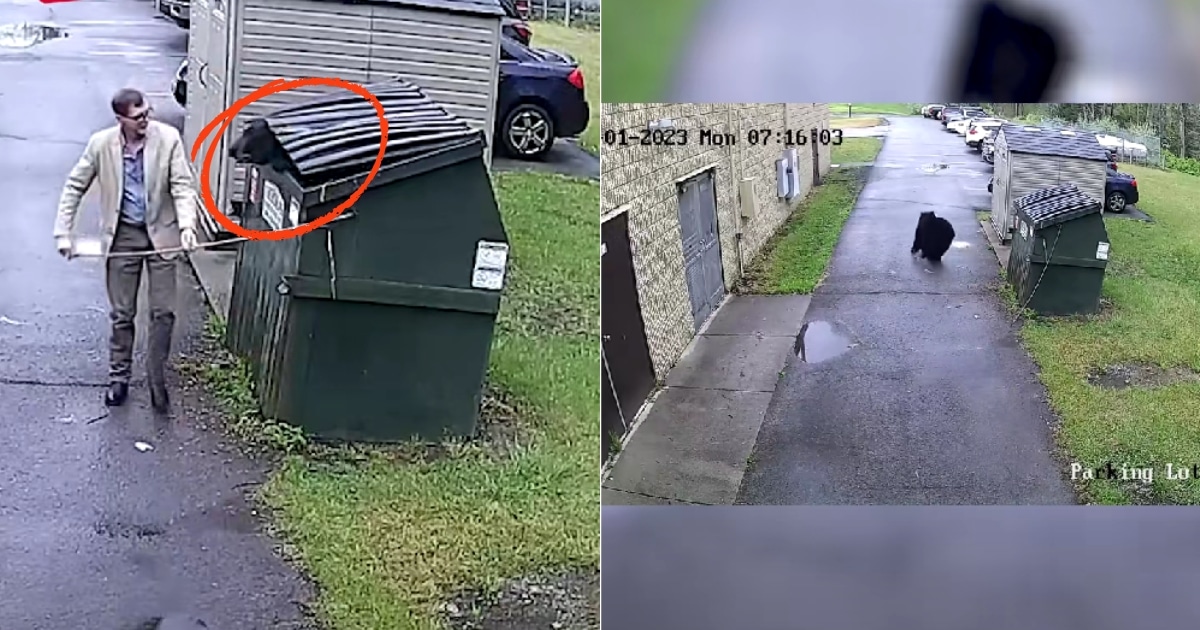 Shutterstock
Shutterstock
If you’ve ever watched your dog suddenly erupt into a barking frenzy at what seems like thin air, you’re not alone. Many dog owners are puzzled when their pups appear to react to something invisible. While it might seem like they’re barking at nothing, dogs often have reasons rooted in instincts, senses, and emotions. Understanding these reasons can help you better connect with your furry friend and manage their behavior.
Heightened Hearing
 Shutterstock
Shutterstock
Dogs have incredibly sensitive hearing, picking up sounds far beyond the range of human ears. A distant siren, a rustling leaf, or a critter in the walls can set off a barking episode. What seems silent to us may be a noisy world to them, filled with triggers we can’t detect.
Sharp Sense of Smell
 Shutterstock
Shutterstock
A dog’s nose is a powerhouse of detection, capable of picking up faint odors carried by the wind. They might bark when they smell another animal or a stranger nearby, even if you can’t see anyone. This sniffing superpower often causes them to react to scents long before we know what’s going on.
Visual Sensitivity
 Shutterstock
Shutterstock
Dogs notice subtle movements and changes in their environment that humans miss. Shadows, reflections, or even a curtain swaying in the breeze can grab their attention. When they bark at “nothing,” they may be reacting to a flicker or movement you didn’t see.
Protective Instinct
 Shutterstock
Shutterstock
Dogs are natural protectors, and their instinct is to alert their pack to potential threats. Even if there’s no real danger, a new smell, sound, or sight can put them on high alert. Barking is their way of saying, “I’m on guard, and I’ve got this covered!”
Boredom or Lack of Stimulation
 Shutterstock
Shutterstock
A bored dog can create excitement out of thin air. Without enough physical or mental activity, they may bark simply to entertain themselves. This attention-seeking behavior is often a sign that they need more playtime or engagement.
Anxiety or Stress
 Shutterstock
Shutterstock
Dogs can experience anxiety triggered by changes in their environment or routine. Barking can be a way for them to self-soothe or express their unease. Things like unfamiliar visitors, loud noises, or even your absence can set them off.
Seeking Attention
 Shutterstock
Shutterstock
Sometimes, barking at “nothing” is just a clever way for your dog to grab your focus. They learn quickly that barking brings a reaction from you, even if it’s just a glance or a word. Over time, this can become a habit they use to stay in the spotlight.
Habit or Learned Behavior
 Shutterstock
Shutterstock
If barking has worked for them in the past, dogs are likely to keep doing it. They may have learned that barking earns them treats, playtime, or just your attention. Like any learned behavior, it can become routine, even when there’s no obvious cause.
Communication With Other Dogs
 Shutterstock
Shutterstock
Dogs often communicate with each other across long distances. Your dog may be responding to barks, howls, or sounds from neighborhood dogs you can’t hear. This invisible conversation can sound like random barking to you.
Medical Issues or Discomfort
 Shutterstock
Shutterstock
Sometimes barking stems from discomfort or underlying health problems. Cognitive decline in older dogs, hearing loss, or pain can cause them to bark unpredictably. It’s always wise to consult your vet if the barking seems out of character.
Startled by a Sudden Noise
 Shutterstock
Shutterstock
A small, sudden noise—a creaking floorboard, a falling object, or a tapping branch—can jolt a dog into barking. While you might not notice these minor disturbances, they can feel like big events to a watchful pup. Dogs are quick to sound the alarm, just in case.
Reacting to Human Emotions
 Shutterstock
Shutterstock
Dogs are experts at reading our emotions and body language. If you’re stressed, anxious, or upset, your dog may pick up on those vibes and react with barking. They mirror our moods, often without us realizing it.
Territorial Behavior
 Shutterstock
Shutterstock
Dogs are highly territorial and may bark to defend what they see as their space. Even the scent of another animal or a person near their home can prompt a barking response. This instinct helps them feel like they’re protecting their domain.
Exploring or Investigating
 Shutterstock
Shutterstock
Barking is sometimes part of a dog’s natural curiosity. They may be investigating a sound, scent, or movement they don’t understand. Their vocalizing is part of figuring out what’s happening around them.
Dreaming or Sleep Barking
 Shutterstock
Shutterstock
Not all barking happens while awake! Dogs can bark or whimper in their sleep during dreams, especially during REM sleep. While it can be startling to hear, it’s usually harmless and part of normal canine sleep cycles.
When Silence Isn’t So Silent
 Shutterstock
Shutterstock
What may sound like quiet to us is often full of tiny details your dog can sense. Their barks at “nothing” are actually windows into their fascinating, heightened world. By tuning into the reasons behind their noise, we can better understand and support our loyal companions. After all, their mysterious barking just might remind us of how wonderfully tuned in they are to the world we share.

 2 days ago
4
2 days ago
4


















 English (US) ·
English (US) ·